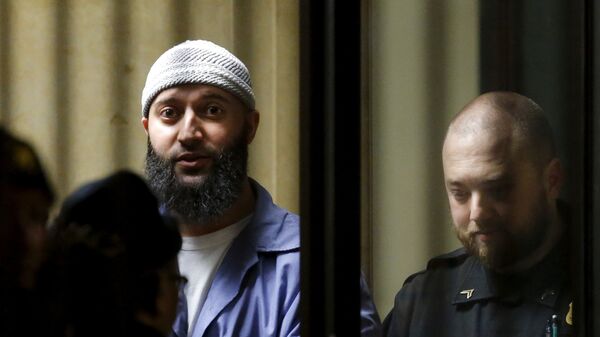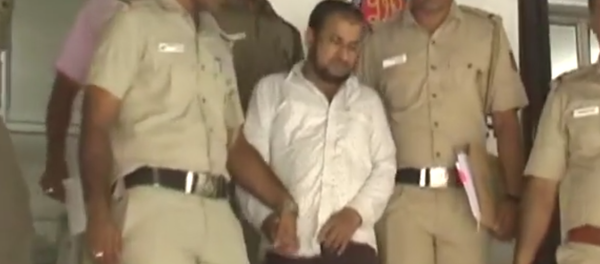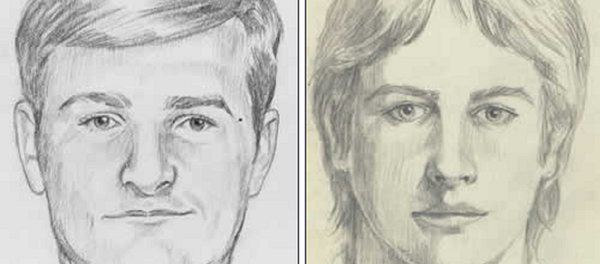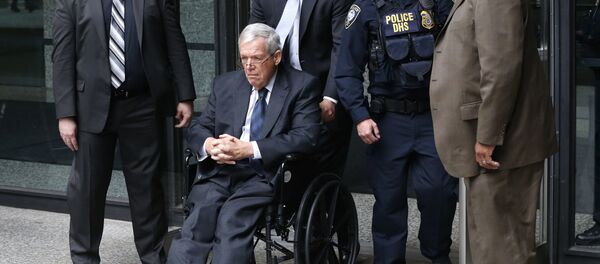Attorneys for the state are appealing the decision to retry Adnan Syed, claiming that Baltimore Circuit Court Judge Martin Welch, now retired, should not have found Syed’s original lawyers constitutionally deficient because they did not bring a warning from AT&T into evidence.
The cover sheet of a fax sent to Baltimore Police by AT&T read: "Outgoing calls only are reliable for location status. Any incoming calls will NOT be considered reliable information for location." The first words on the page, "Outgoing calls only," are underlined on the sheet.
Defense attorneys claimed that cell tower data was improperly used in the trial, making it appear that incoming calls to Syed’s phone were made near the burial site of his former girlfriend, Hae Min Lee, who was found strangled in 1999. Syed has served 16 years in prison for her death, and was the focus of a weekly podcast called “Serial” that examined Lee’s death and Syed’s trial. It garnered millions of listeners.
Judge Welch agreed with the defense, ruling that Syed’s lawyers furnished "ineffective assistance for the failure to cross-examine the state's cell tower expert about the reliability of cell tower location evidence."
The appeal, which was filed Monday, states that Syed’s then-attorney, Cristina Gutierrez, who has since died, "was far from ineffective in her challenge of the state's cellphone evidence." Deputy General Thiru Vignarajah wrote, "For one thing, there is no consensus among experts in the forensic community that Syed's interpretation of the fax cover sheet is valid. Where one expert concludes the disclaimer does not apply, another finds it does, and yet a third opines it is ambiguous, trial counsel cannot be declared ineffective for a sustained and vigorous cross examination that does not incorporate an uncertain line of attack."
The state is also arguing that Syed should be retried because his first lawyer did not contact alibi witness Asia McClain Chapman, who swore on an affidavit that she saw Syed at the Woodlawn library near their school at the time of Lee’s murder.
Welch disagreed with this point and disagreed that prosecutors breached duty by not being forthcoming with exculpatory evidence. The attorney general’s office is arguing that Welch was wrong for including arguments about the cover sheet when legal proceedings were reopened that were supposed be based on Chapman’s affidavit.
Vignarajah wrote, "Maryland's courts have imposed few limits on what qualifies as in the 'interest of justice,' but limits remain."





